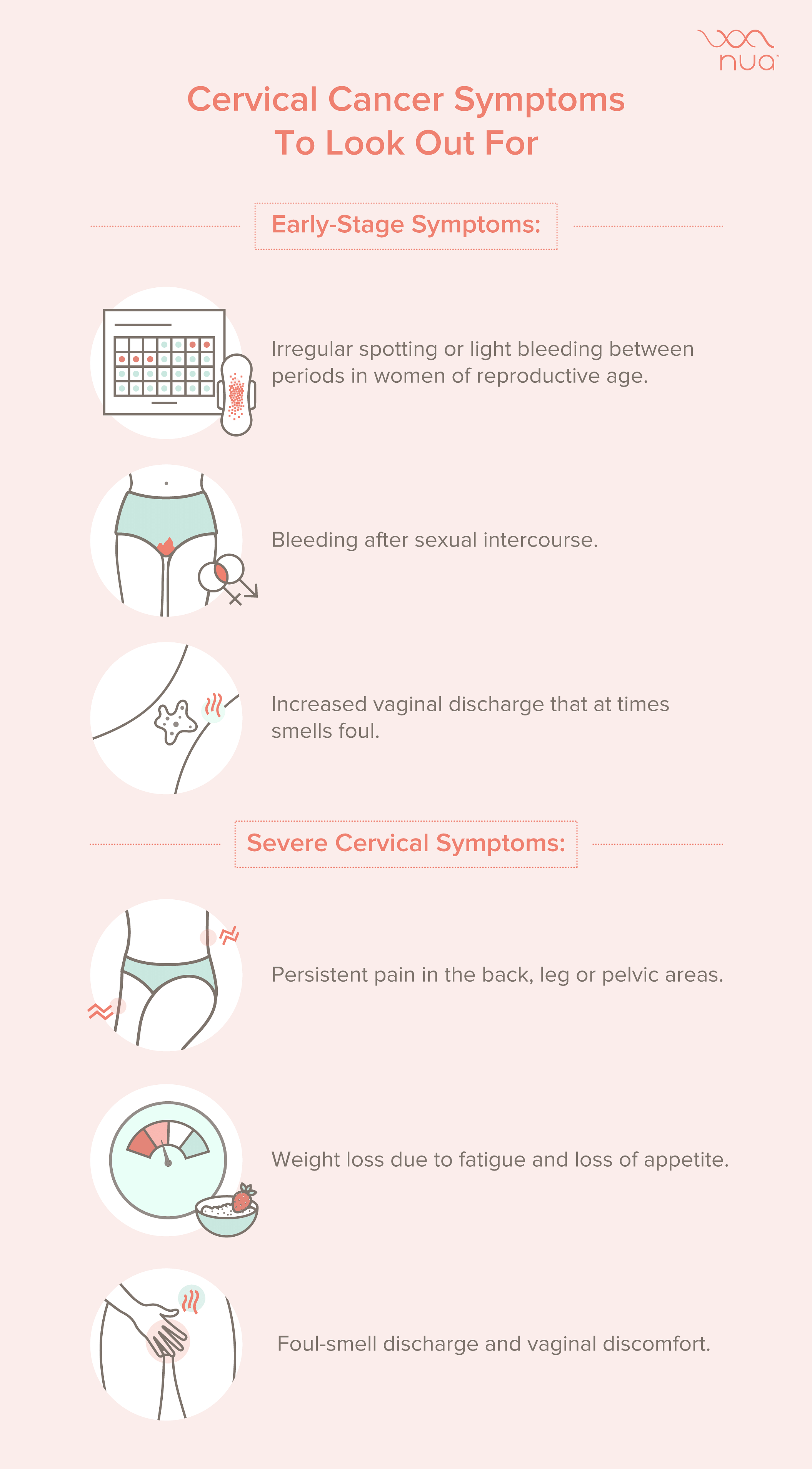4th March is International HPV Awareness Day and on this day, organizations across the world spread the message on the dangers of the human papillomavirus (HPV) that has the potential to cause cervical cancer.
Let’s delve deeper into understanding all about this virus, especially its action, how it causes cancer, and the best prevention options for you.
What is Human Papillomavirus or HPV?
HPV is a group of over 100 viruses that infect the skin or moist areas of the body. It is spread by skin-to-skin contact and an infection by this virus causes warts in various parts of the body. Almost all of us can contract HPV infection at some point in our lives. They are usually harmless, mild or treatable infections for most of us while for many others, HPV is linked to several kinds of cancer.
About 40 of the 100 or more types of HPV can infect the genital regions and other mucous membranes (such as the mouth and throat), but only a few of these can cause cancer. HPV Type 14 is closely related to cervical, vulvar, vaginal, penile, anal, and oropharyngeal cancers.
How can it be contracted?
It is commonly transmitted through skin-to-skin genital contact, vaginal, anal, and oral sex, and mucous membranes in the genital area. It causes different forms of warts that affect people in different age groups. Genital warts are the most common and highly contagious of them all, spreading via skin-to-skin contact.

Why is HPV Screening Important?
The body’s immune system normally clears HPV infection within a couple of months or years. However, for some, it can cause persistent infections that cannot be dealt with by their immune system. Persistent HPV infection in specific parts of the body can, in time, cause cells to change and this can lead to certain cancers including cervical cancer.
HPV screening is done among women who have no symptoms and may feel perfectly healthy. When the screening detects an infection or precancerous lesions, these can easily be treated and cancer can be avoided. Screenings can also detect cancer at an early stage where treatments have a high potential for cure. Cervical screenings can check for HPV infections and changes in the cells of the cervix.
There are two types of screening tests to help detect early signs of cervical cancer.
- PAP/SMEAR Test:
This test involves collecting cells from the cervix that are sent to a lab and looked at microscopically to see if they are normal or if changes can be seen. Pap smear results indicate whether cervical cells appear normal, abnormal, or if the test result is unclear.
- HPV DNA Test:
This is a more sensitive test, which looks specifically for the presence or absence of HPV in the precancerous cells. In HPV DNA testing, a patient’s cells are examined in a laboratory for the genetic material (DNA) of HPV. If evidence of HPV is detected, HPV genotyping may be performed to determine the specific strain of HPV causing infection.
An abnormal screening result requires additional tests such as colposcopy, VIA or cytology.
The frequency of the screening tests depends on the results of the screening test. If the results are normal, the frequency could be every three to five years.
Why is vaccination the best prevention?
Although it is the second leading cause of cancer deaths among women, cervical cancer is highly preventable by implementing a universal HPV vaccination program for both sexes, particularly girls, before they become sexually active.
WHO strongly recommends Human Papillomavirus vaccination as the most effective primary prevention measure for both sexes aged 9–14 years. HPV vaccines have also been found to reduce infections in other tissues that HPV infects, including the anus and oral region.
Two types of HPV – Type 16 and Type 18 – are responsible for 70% of cervical cancer and other HPV-related cancers. It’s always a good option to get yourself screened and treated to avoid major complications with a disease like cancer. Your health is our top priority.
Our experts work round the clock to provide you with the answers that you are looking for. If you have any, leave it in the comment section below or send us a DM at @nuawoman. This is a safe space so don’t hold back on any doubts you may have about your body and mind.
Nua has partnered with Karkinos Healthcare to give our community all the support they need. You can book your appointment here.









